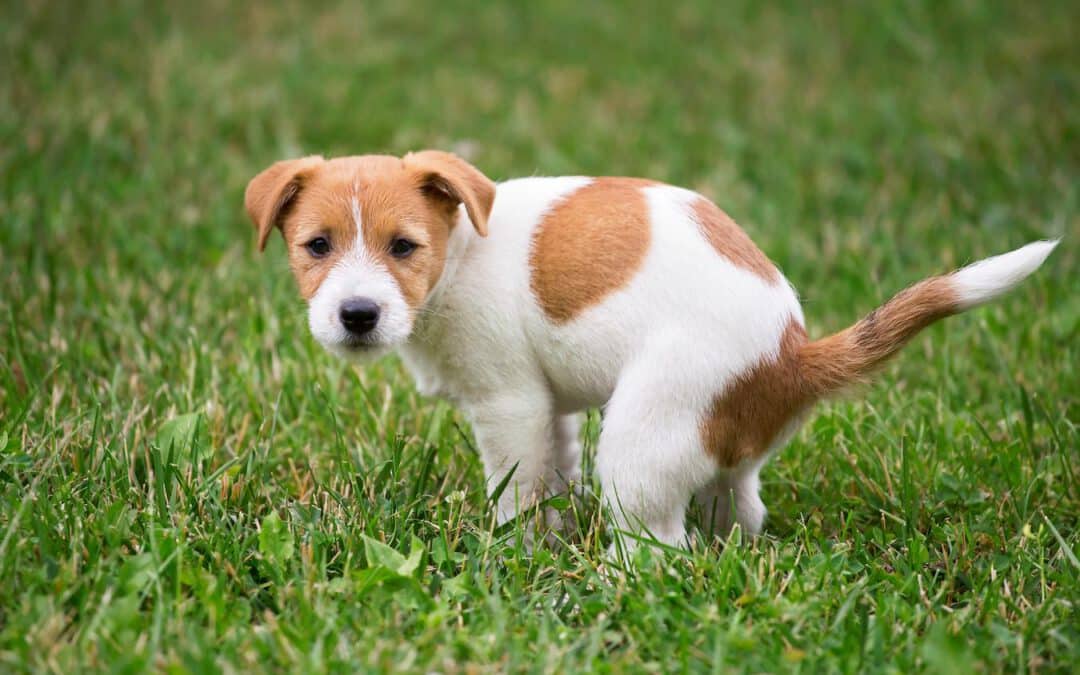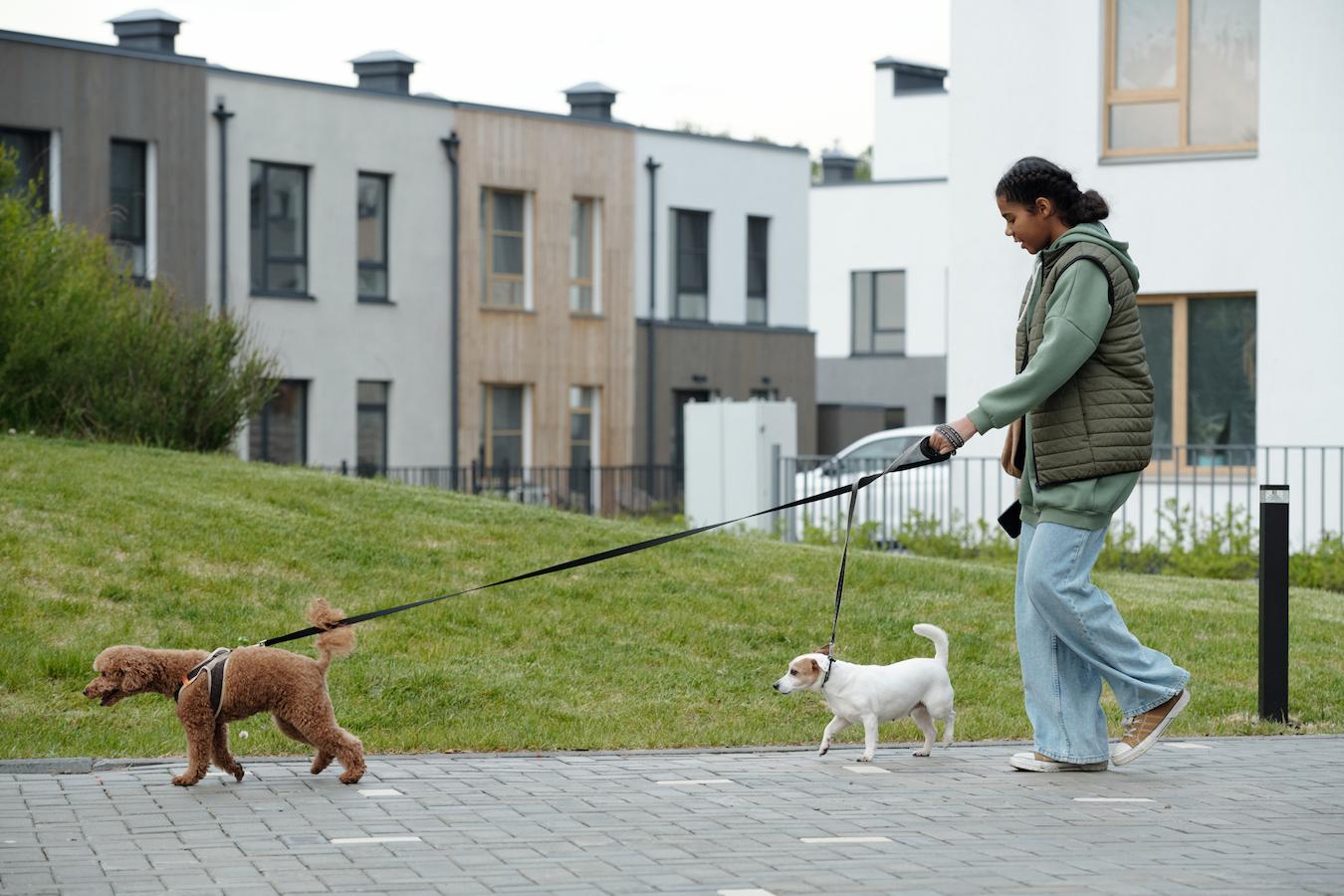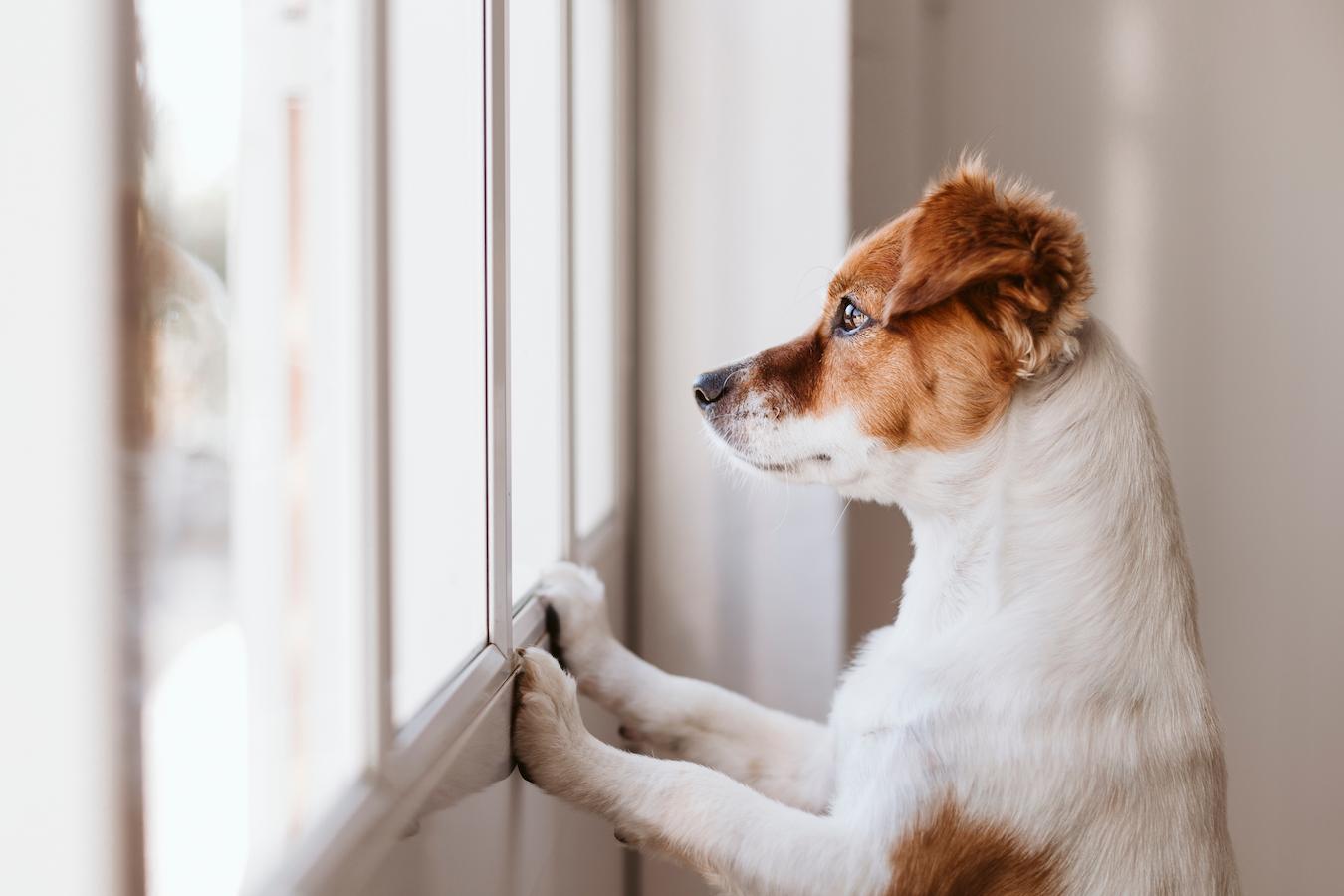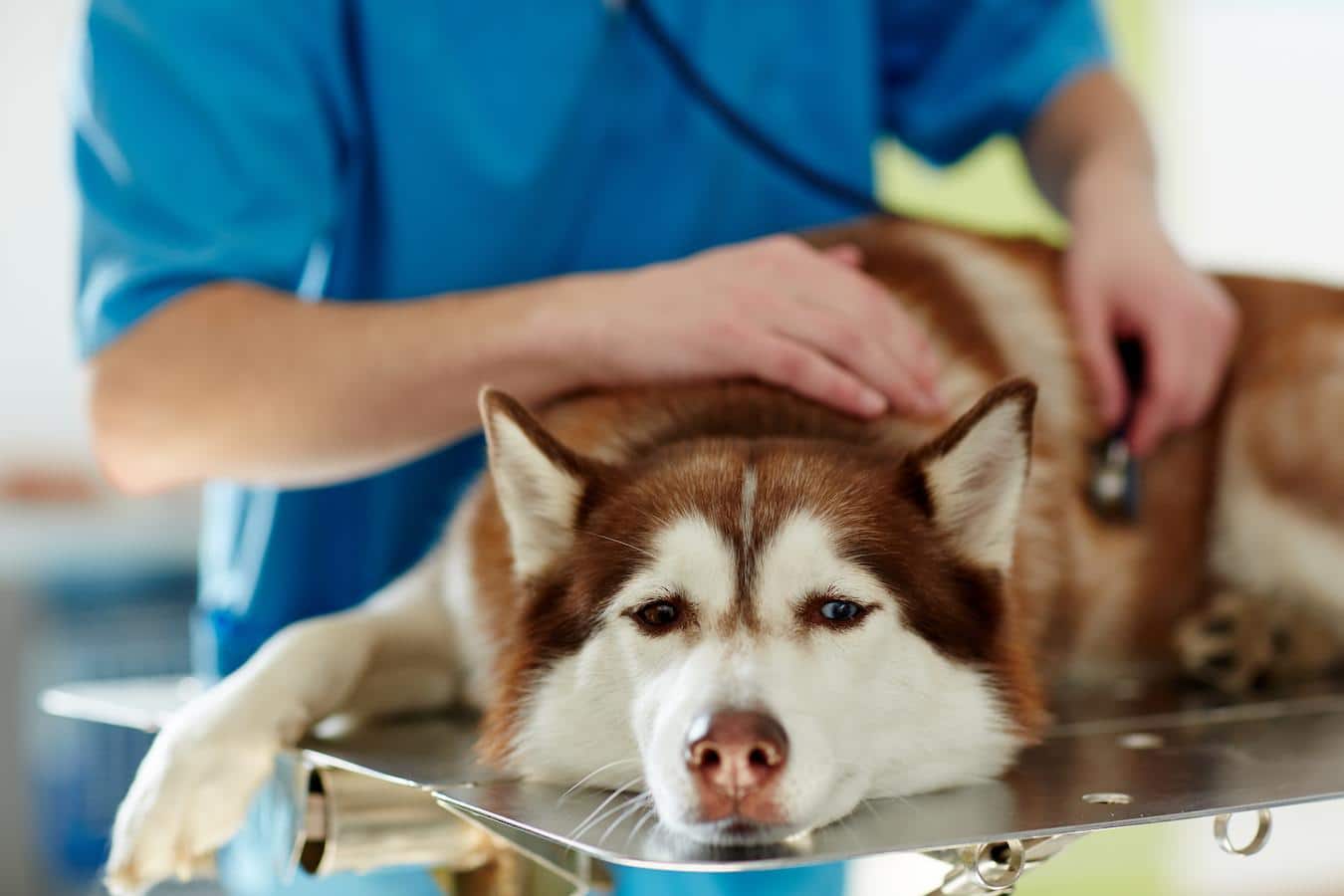Is your pup’s doo more watery than normal? Dog diarrhea can be pretty disgusting – but we’re sure we don’t need to be the ones to tell you that. So, how can you get your furry friend’s number twos to return to a firm, manageable state?
Key Takeaways
- Dogs with diarrhea will have watery stools and more frequent defecation.
- Other symptoms of diarrhea in dogs include dehydration, loss of appetite, or lethargy.
- Diarrhea in dogs is often caused by mild intestinal distress, which can occur due to dietary indiscretion, food intolerances, or stress.
- Home remedies include a bland diet, temporary fasting, and canned pumpkin.
Keep reading, and we’ll share everything that you, as a pet parent, should know about diarrhea in dogs.
See Related: What Should I Do If There’s Blood In My Dog’s Stool?
Diarrhea In Dogs
Diarrhea in dogs usually means abnormal stool consistency and more frequent defecation. Their poops are likely watery or loose, lacking the usual firmness. The color will also be darker or lighter than normal, with a stronger stench.
But it’s not just these physical characteristics that can indicate diarrhea in dogs. A dog with diarrhea will also need to relieve themselves more frequently and have uncontrollable bowel movements. It’s a good idea to hire a team of pro poop scoopers if you haven’t already to help you keep up with the mess!
Signs & Symptoms of Dog Diarrhea
So, does your four-legged friend have diarrhea? In addition to loose stools and frequent defecation, your dog might exhibit the following symptoms:
- Reduced appetite
- Dehydration
- Lethargy
- Abdominal pain
What Causes Diarrhea in Dogs?
Your furry friend could have diarrhea for any number of reasons. Let us break down a few things that could be negatively affecting your dog’s bowel movements.
Sudden Changes in Diet
New or unfamiliar foods can upset your dog’s stomach and intestinal tract. Any sudden changes in diet can lead to diarrhea in dogs.
Eating Rotten Food and Garbage
Spoiled food is a breeding ground for bacteria, which can cause digestive upset when consumed. Garbage also contains foreign objects or materials that can lead to diarrhea. This is often referred to as dietary indiscretion in the veterinary community.
Food Intolerance or Allergies
Food intolerances or allergies can irritate your dog’s digestive tract, resulting in diarrhea.
Inflammatory Bowel Disease
Inflammatory bowel disease (IBD) is a diagnosis of exclusion, meaning other medical issues must be ruled out first. IBD is inflammation of the intestinal tract due to parasites, bacteria, or toxins, which can often lead to diarrhea.
Bacterial or Viral Infections
Viral or bacterial infections can disrupt the gut flora and lead to diarrhea in dogs.
Parasites
Parasites in the gastrointestinal tract, such as roundworms, whipworms, and hookworms, can contribute to diarrhea.
Non-Gastrointestinal Disease
Non-gastrointestinal diseases like kidney disease, pancreatitis, or liver disease can result in diarrhea.
Medications
Many human medications are toxic to dogs and can cause diarrhea when ingested.
Stress
Anything from traveling to separation anxiety can lead to stress-induced diarrhea in dogs.
Bonus: Why Does My Dog Stare At Me? 6 Possible Reasons Why
When Should You Contact Your Vet?
Tracking your dog’s poop will make it easier for you to identify abnormal bowel movements and diarrhea. A single episode of diarrhea usually isn’t enough to warrant concern. More than two episodes can be worrisome, as it could potentially indicate a health issue.
Recurring bouts of watery diarrhea over a short period of time can indicate a medical problem. If your four-legged friend is very old, very young, or has a compromised immune system, this can mean a serious health issue.
Straining to pass stool can signify an intestinal blockage from a foreign object. Contact your veterinarian or go to the nearest emergency animal hospital.
Chronic diarrhea, bloody stool, and significant loss of appetite are other instances in which veterinary care would be necessary.
Home Remedies for Your Dog’s Diarrhea
Your dog’s diarrhea is likely nothing to be overly concerned about. If your furry friend has watery stools but is acting normal, there are some things you can do to stop diarrhea.
If your furry friend has a case of “garbage gut,” home remedies might be enough to help them feel A-OK again. Here are a few simple ways to treat diarrhea in dogs.
- Fast for 12 to 24 hours. This gives your dog’s upset stomach time to calm down. Give them water to prevent dehydration, which can often happen with diarrhea. Consult with your veterinarian before fasting your dog.
- Introduce a bland diet. Diarrhea often happens when dogs eat something their tummy doesn’t agree with. A bland diet, including boiled chicken, plain cooked white rice, or specially formulated dog foods, will help regulate your dog’s digestion. Other foods like cottage cheese, natural yogurt, and peeled boiled potatoes are also suitable.
- Bone broth. Bone broth is easy on the stomach and is an excellent home remedy for gastrointestinal upset. Check out this recipe for a quick how-to! Simmering the bones draws out a multitude of minerals like calcium, magnesium, and phosphorus. Additionally, the cartilage contains collagen that yields gelatin, a protein excellent for gut health and joint health. Avoid using seasonings or species in the bone broth, as this can reignite a bout of sudden diarrhea.
- Canned pumpkin. Canned plain pumpkin (not pumpkin pie filling) contains soluble fiber and nutrients that can encourage healthy bowel movements. Even a small amount of pumpkin is enough to restore your dog’s digestive system.
Dog Diarrhea: What Not to Do
If your furry friend develops diarrhea, don’t panic! Follow the tips we outlined above.
Never give your pet over-the-counter medications prescribed to humans. These might be toxic to your dog and cause further health complications.
Final Thoughts
Doggy diarrhea is gross – there’s no doubt there! To avoid the mess entirely, utilize our pet waste management services. You deserve to live life feces-free! If your furry friend develops diarrhea, consult with your vet if necessary and try out these home remedies to soothe their stomach.
Keep Reading: Why Do Dogs Eat Cat Poop? Canine Behavior Explained
—
Scoop Masters offers professional dog waste removal services in California, Texas, Florida, and Tennessee. Since 1988, we’ve saved dog owners across the country from the overly unpleasant task of picking up after their pets. Each poopy project we complete gives them the freedom, convenience, and sanitation they deserve! Contact us for a free quote, or simply stock up on enough dog poop bags to keep your pet’s number twos at bay. To stay in the loop, follow up on Facebook and Twitter/X. If your dog can poop it, we can scoop it!





Trackbacks/Pingbacks